The Trump administration’s decision to impose a new $100,000 fee on H-1B visa applications has sparked alarm across the global tech sector and drawn sharp criticism from India. The executive order, signed late Friday by President Donald Trump, will come into effect at 12:01 a.m. Sunday (0401 GMT), and was initially believed to apply annually to all visa holders. However, following backlash and confusion, the White House issued a clarification late Saturday, stating that the fee is a one-time charge applicable only to new H-1B applicants, not to renewals or current visa holders.
The policy shift marks one of the most significant changes to the H-1B program since Trump took office. The visa program, used by thousands of U.S. companies—especially in technology and engineering—has long been a target of Trump’s broader immigration crackdown. The administration has repeatedly argued that the program is misused by companies to suppress wages and displace American workers, though it has also drawn praise from business leaders who say it helps fill critical skill gaps in STEM fields.
Commerce Secretary Howard Lutnick, one of the policy’s most vocal proponents, stated that the administration wants U.S. companies to prioritize hiring recent American graduates over foreign workers. “Train Americans. Stop bringing in people to take our jobs,” he said. However, his earlier remarks indicating the fee would be annual added to the confusion before the White House clarified the policy’s scope.
Despite the clarification, major U.S. employers have responded with urgency. Tech giants including Microsoft, JPMorgan, and Amazon have advised employees on H-1B visas to avoid international travel and, in some cases, to return to the U.S. immediately before the new rule takes effect. Internal emails reviewed by Reuters show that some companies warned employees abroad to re-enter the U.S. by Saturday night to avoid potential complications under the new fee structure.
The move has deep implications for India, which accounts for nearly 75% of all H-1B recipients annually. India’s Ministry of External Affairs expressed concern over the “disruption” the policy could cause for families of visa holders and noted the broader consequences for bilateral economic ties. The ministry stated that skilled Indian professionals have significantly contributed to innovation and technological advancement in the U.S., and any sudden restrictions could damage both countries’ economic interests.
India’s top IT trade body, Nasscom, also reacted strongly, warning that the sudden implementation of the new fee would harm “business continuity” and create uncertainty for global tech operations. In a public statement, Nasscom criticized the one-day notice, saying it left companies and professionals with insufficient time to adapt. “Policy changes of this scale are best introduced with adequate transition periods,” the group said, urging U.S. authorities to consider a more flexible approach.
The Trump administration’s move is also seen as part of a broader overhaul of U.S. immigration policy. Alongside the H-1B fee, Trump unveiled a new “gold card” residency program, requiring a $1 million investment from applicants seeking permanent U.S. residency. He defended both measures as tools to attract “great people” to the U.S. while ensuring that they contribute financially to the country.
Supporters of the H-1B overhaul argue that the system has been misused by outsourcing companies to import cheaper labor, disadvantaging American workers. The executive order notes that while the number of foreign STEM workers in the U.S. more than doubled between 2000 and 2019—to nearly 2.5 million—the overall growth in STEM jobs was only around 44%, indicating that domestic job growth did not keep pace with the increase in foreign labor.
However, critics—including many U.S. companies and international stakeholders—warn that such policies could have long-term negative effects on American innovation and competitiveness. Notably, Elon Musk, Tesla CEO and a naturalized U.S. citizen who once held an H-1B visa, has spoken out in support of skilled immigration, arguing that the U.S. must maintain its ability to attract top global talent to remain a technological leader.
Legal experts expect the executive order to face immediate court challenges. Immigration attorneys have pointed out that the abrupt policy rollout, combined with the large financial burden it imposes, may violate procedural norms and invite litigation from affected businesses and visa applicants.
As the new rules take effect, uncertainty remains over how they will be implemented in practice, how immigration authorities will manage the fee collection process, and what long-term impact this will have on skilled migration into the U.S. For now, the move has already sparked diplomatic tensions, corporate disruption, and widespread concern across borders.

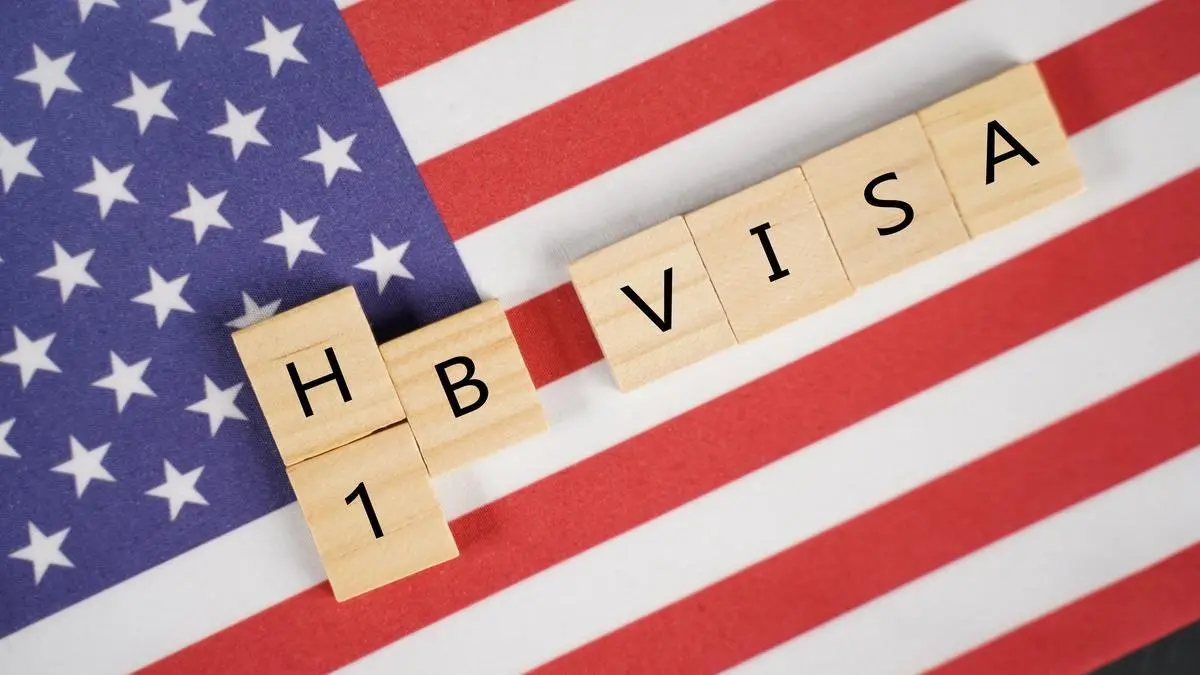
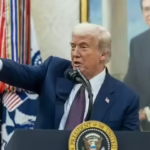
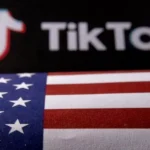



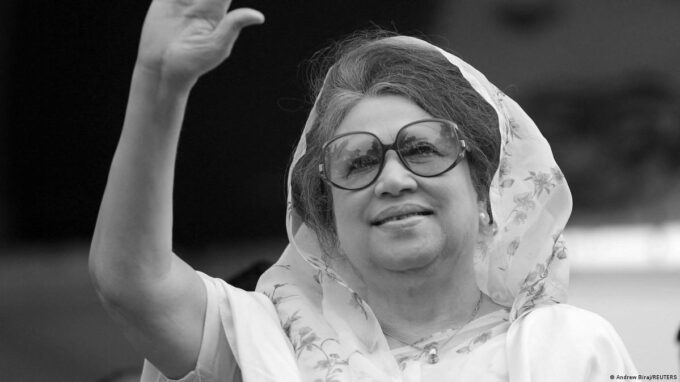
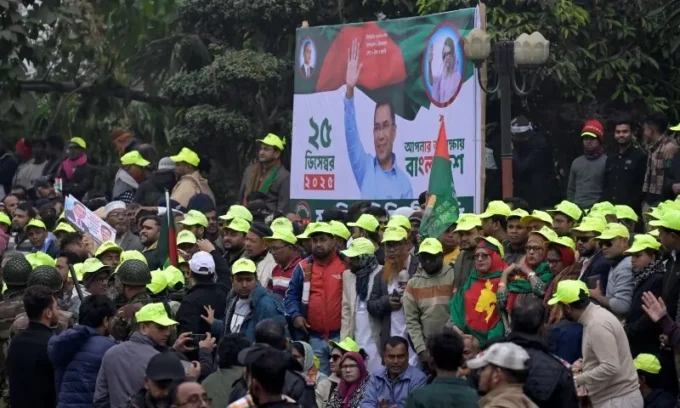
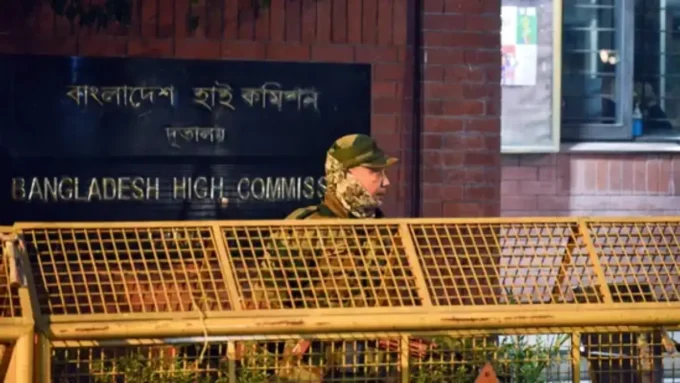
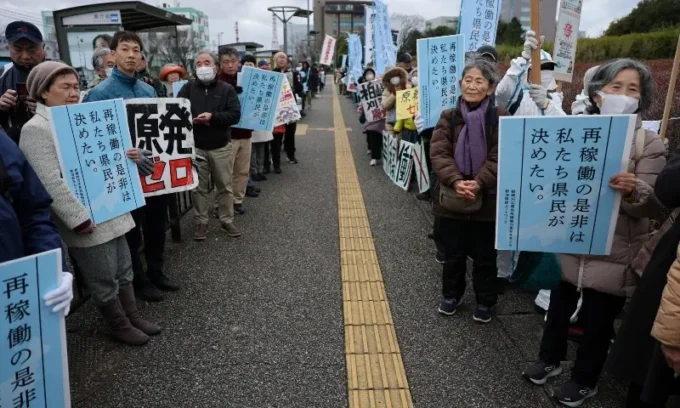




Leave a comment